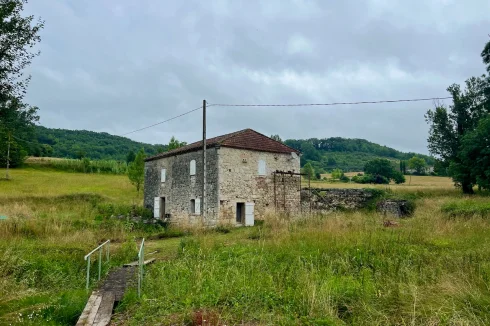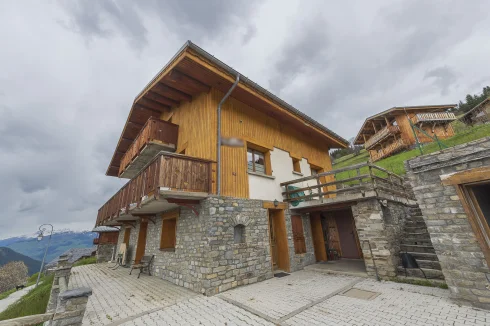Easements over Property in France
Wednesday 01 August 2012
The discovery of an easement on a property following sale and purchase, or disputes about the nature of an easement, is one of the more frequent causes of litigation.
‘Easements’ are the term lawyers use for rights over someone else’s land. In France they are known as ‘servitudes’.
The land that benefits from the easement is the 'fonds dominant’ and the land carrying the burden of an easement is the ‘fonds servant’.
These rights may be positive, such as rights of way, the right to lay cables or pipes, the right of view, or they may be negative, such as restrictions on development.
When you buy a property in France, as occurs elsewhere in the developed world, an investigation of the title of the property takes place.
This task is undertaken by the notaire, who makes enquiries of the land registry, the local authority, and of the seller.
In the vast majority of cases these enquiries reveal no encumbrance on the property likely to affect it’s use by the new owner.
In other cases the easements are revealed in the investigation of the title, or declared by the owner and accepted by the new owner.
However, sometimes easements are simply not discovered until after completion take place.
This is because not all enforceable easements are registered with the land registry, which means that when a notaire makes his/her enquiries, it may not reveal anything untoward.
If the seller also stays silent, it will also remain unknown.
Strictly speaking, in order to ‘run with the property’ all easements must be registered with the French land registry.
However, this is not always the case, for easements of 'necessity’, which have been acquired tacitly by prescription (30 year use), or by the earlier division of a property (an easement that is called ‘par destination du père de famille’), are enforceable.
In some cases, it may be a public authority easement, which are not necessarily recorded on the title documents.
In other cases easements registered in the dim and distant past may not have been carried forward into title documents, but if the beneficiary can prove their continued use, they may also be accepted as enforceable.
In this respect, notaires are under no obligation to carry out a search going beyond 30 years.
Now it is unlikely that, in the event of a dispute, easements acquired tacitly would be upheld in a court of law unless they were clearly apparent.
If the notaire does discover them in the searches, then s/he is under an obligation to bring them to the attention of the buyer, and to ensure that they are included in the deed of sale.
What all of this means is that you do need to question the owner on the possibility of easements affecting the property, and to ensure that the notaire includes in the sale contract (and subsequently in the deed of sale) either that no servitudes exist, or that you are buying with clear knowledge of the easement.
Thank you for showing an interest in our News section.
Our News section is no longer being published although our catalogue of articles remains in place.
If you found our News useful, please have a look at France Insider, our subscription based News service with in-depth analysis, or our authoritative Guides to France.
If you require advice and assistance with the purchase of French property and moving to France, then take a look at the France Insider Property Clinic.





